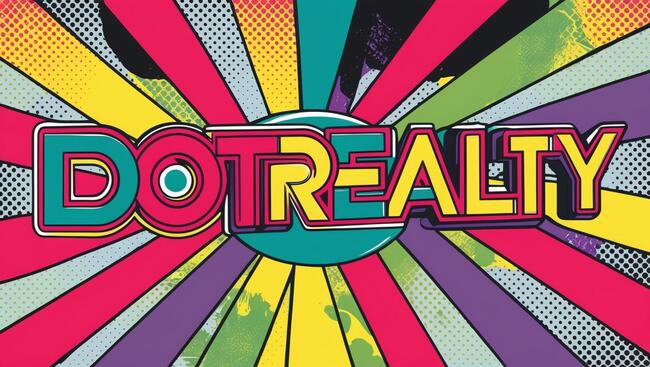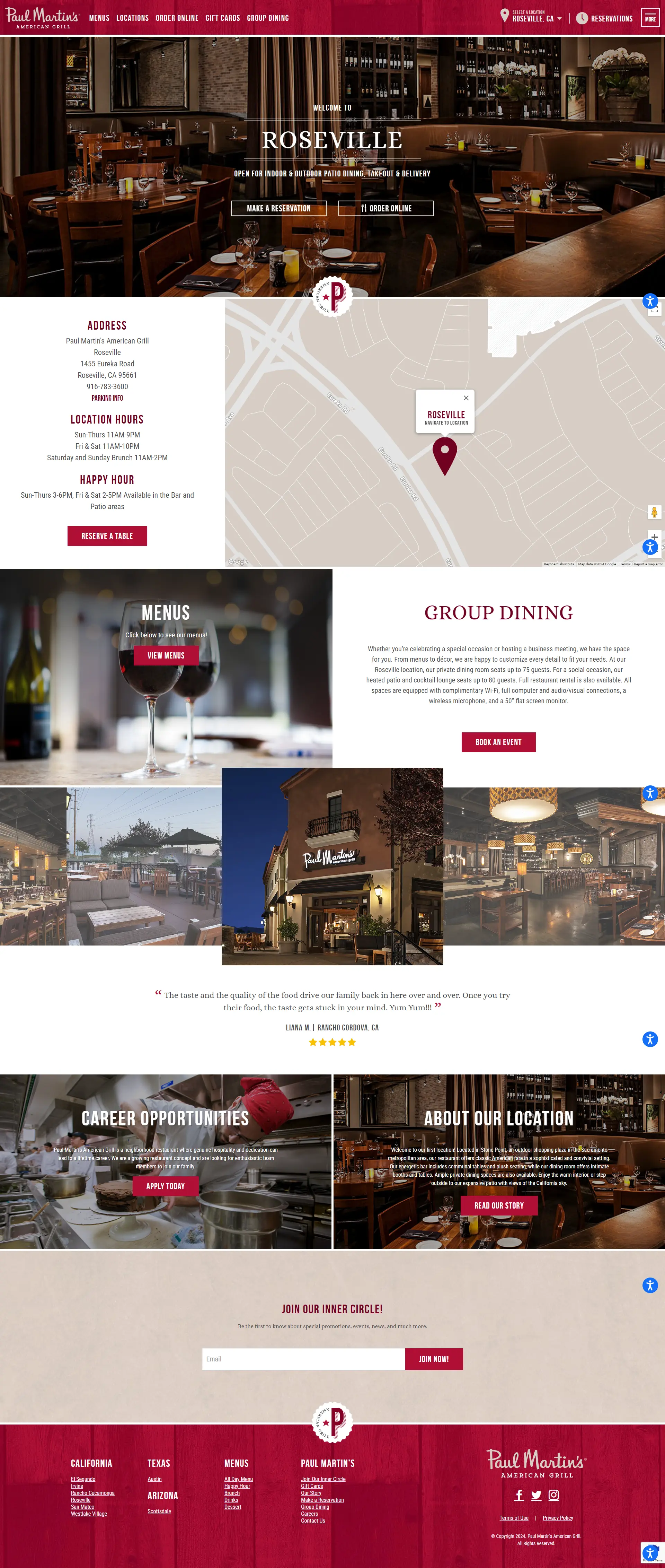In recent years, the real estate industry has been undergoing a transformation, driven by a growing recognition of the importance of inclusivity, sensitivity, and social awareness. From rethinking terminology to embracing sustainable practices, real estate professionals are adapting to meet the evolving needs and values of society.
Examples of Wokeness (Social Awareness) in Real Estate
Let’s explore 25 examples of these changes and their impact on shaping more equitable and sustainable communities.
- Primary Bedroom Terminology: The shift from “master bedroom” to “primary bedroom” reflects a commitment to inclusivity and equality, acknowledging that every resident deserves a space that is equally valued.
- Gender-Neutral Bathrooms: Designing gender-neutral bathrooms in properties ensures that individuals of all gender identities feel respected and comfortable in their surroundings.
- Accessible Design Features: Incorporating accessibility features like ramps and grab bars ensures that everyone, regardless of physical ability, can access and enjoy real estate properties.
- Inclusive Community Spaces: Creating inclusive public spaces within residential communities fosters a sense of belonging and strengthens social bonds among residents from diverse backgrounds.
- Non-Discriminatory Language: Real estate professionals use language that is inclusive and respectful, avoiding stereotypes and discriminatory terms in listings and marketing materials.
- Diverse Representation in Marketing: By featuring diverse individuals and families in marketing materials, real estate companies reflect the rich tapestry of their communities and clientele.
- Cultural Sensitivity Training: Cultural sensitivity training equips real estate professionals with the knowledge and skills to serve clients from diverse cultural backgrounds with respect and understanding.
- Sustainable Building Practices: Prioritizing sustainable building practices minimizes environmental impact and contributes to the long-term health and resilience of communities.
- Affordable Housing Initiatives: Advocating for and participating in initiatives to increase access to affordable housing addresses socio-economic disparities and promotes housing equity.
- Support for Minority-Owned Businesses: Partnering with minority-owned businesses for real estate projects fosters economic empowerment and strengthens local communities.
- Fair Housing Practices: Upholding fair housing laws and combating discrimination ensures that everyone has equal access to housing opportunities, regardless of race, ethnicity, or other protected characteristics.
- Equity-Centered Urban Planning: Collaborating with communities to develop urban planning policies that prioritize equity and inclusivity promotes vibrant, thriving neighborhoods for all residents.
- Community Engagement: Engaging with local communities ensures that real estate development projects are responsive to the needs and aspirations of residents, fostering a sense of ownership and pride.
- Historical Preservation: Preserving and repurposing historic buildings honors the cultural heritage of communities and adds character and charm to neighborhoods.
- Flexible Workspaces: Designing properties with flexible workspaces accommodates the changing needs of modern workers and supports a healthy work-life balance.
- Wellness Amenities: Incorporating wellness amenities promotes physical and mental well-being, enhancing the quality of life for residents.
- Artistic and Cultural Installations: Integrating public art and cultural installations enriches the cultural landscape of communities and fosters creativity and expression.
- Senior-Friendly Design: Designing properties with features that meet the needs of aging residents ensures that seniors can age in place comfortably and safely.
- Support for LGBTQ+ Communities: Creating LGBTQ+-friendly spaces and neighborhoods fosters inclusivity and acceptance, promoting a sense of belonging for all residents.
- Transit-Oriented Development: Prioritizing development near public transportation hubs reduces reliance on cars and promotes sustainable, equitable access to transportation.
- Technology Integration: Incorporating smart home technology and sustainable energy solutions enhances the efficiency and sustainability of real estate properties.
- Urban Green Spaces: Developing green spaces improves air quality, promotes biodiversity, and provides recreational opportunities for residents.
- Public Safety Measures: Implementing safety features creates safer environments for residents and enhances community well-being.
- Civic Engagement Initiatives: Supporting civic engagement initiatives empowers residents to participate in shaping the future of their communities.
- Ethical Investment Practices: Considering ethical and social impact criteria in investment decisions ensures that real estate projects align with values of social responsibility and sustainability.
Summary
In conclusion, the real estate industry’s embrace of inclusivity, sensitivity, and social awareness is driving positive change in communities around the world. By prioritizing equity, sustainability, and community engagement, real estate professionals are not only shaping the built environment but also fostering more vibrant, resilient, and inclusive communities for generations to come.















